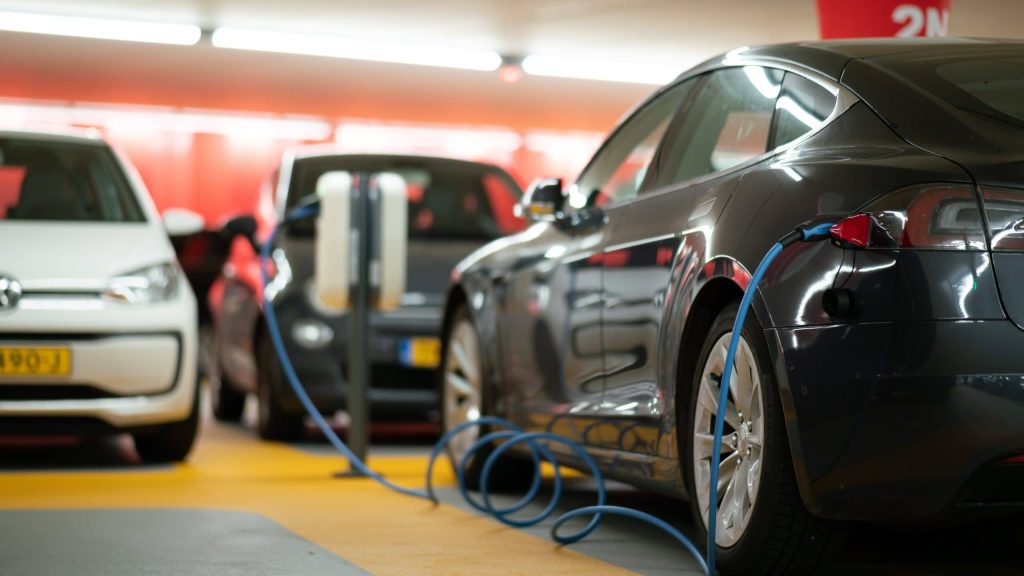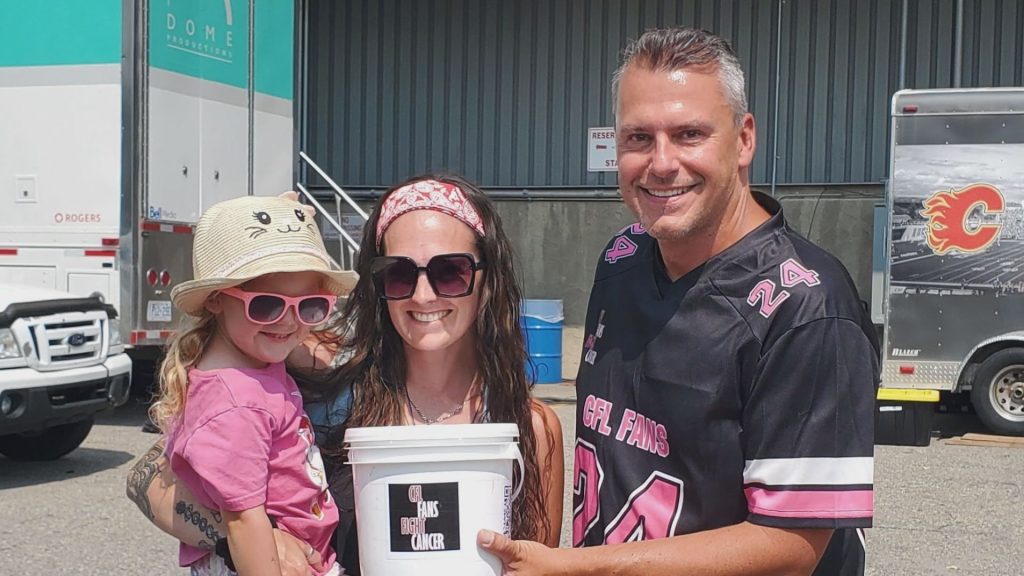Canadians encouraged to return to pre-pandemic recycling habits
Posted April 22, 2022 6:23 pm.
Last Updated April 22, 2022 6:35 pm.
Electronics that would have once been recycled without a thought actually remained in Canadian households at a greater rate because they found new life during lockdown.
That’s according to the Electronic Products Recycling Association (ERPA), a non-profit organization that regulates recycling programs across Canada.
“With two kids going to school from home, we used everything we had, old, new… if it was working, we used it, said Dennis Neufeld, the program director at ERPA Manitoba.
“Electronics, they’re nice and safe in our house when we use them, but they don’t belong in the environment.”
Old phones and other electronic objects contain precious metals that are very valuable when recycled.
RELATED: Litter-filled streets a problem in Winnipeg this time of year: community activist
Neufeld expects those devices to find their way to recycling centres once again as Canadians slowly return to pre-pandemic habits.
“We’re starting to see those changes happening, and we’re expecting things to catch up this summer,” he said.
ERPA helps keep 100,000 metric tons of electronics out of Canadian landfills every year.
Neufeld says it’s important to continue to hit that mark as precious metals like aluminum, steel, brass, copper, gold, and silver can be reclaimed, and less items with lead and mercury end up in landfills.
ERPA recycles more than 300 metric tonnes – or six million pounds of electronics – on an average year in Manitoba.
Recycling up overall in Winnipeg
While electronics recycling saw a dip, overall recycling may have actually gone up in Winnipeg.
“Interestingly enough, with the pandemic and all its challenges, it was good for the recycling industry because supply and demand went up,” said Mark Kinsley, superintendent of waste diversion with the City of Winnipeg.
Kinsley says the change in peoples’ purchasing habits over the pandemic benefitted Winnipeg’s recycling.
He’s reminding Canadians that every municipality accepts different items, so it’s important to exclude non-recyclables from batches of recycling.
“Big examples: Styrofoam, plastic bags, those are not accepted in Winnipeg.”
Kinsley says Winnipeg is on its final year of a pilot project to see if composting will work in the city.
He says if there is one change Canadians can make this Earth Day: thoroughly cleaning out recyclables before they reach the bin to make sure they aren’t contaminated.








